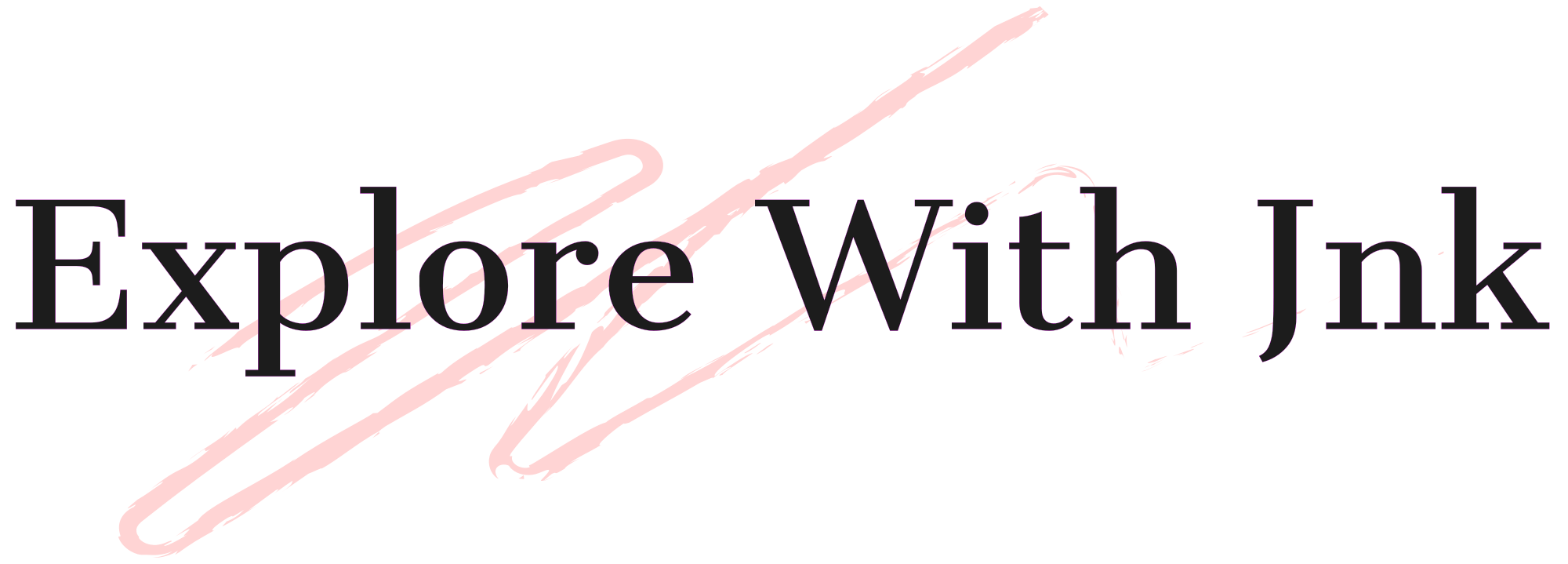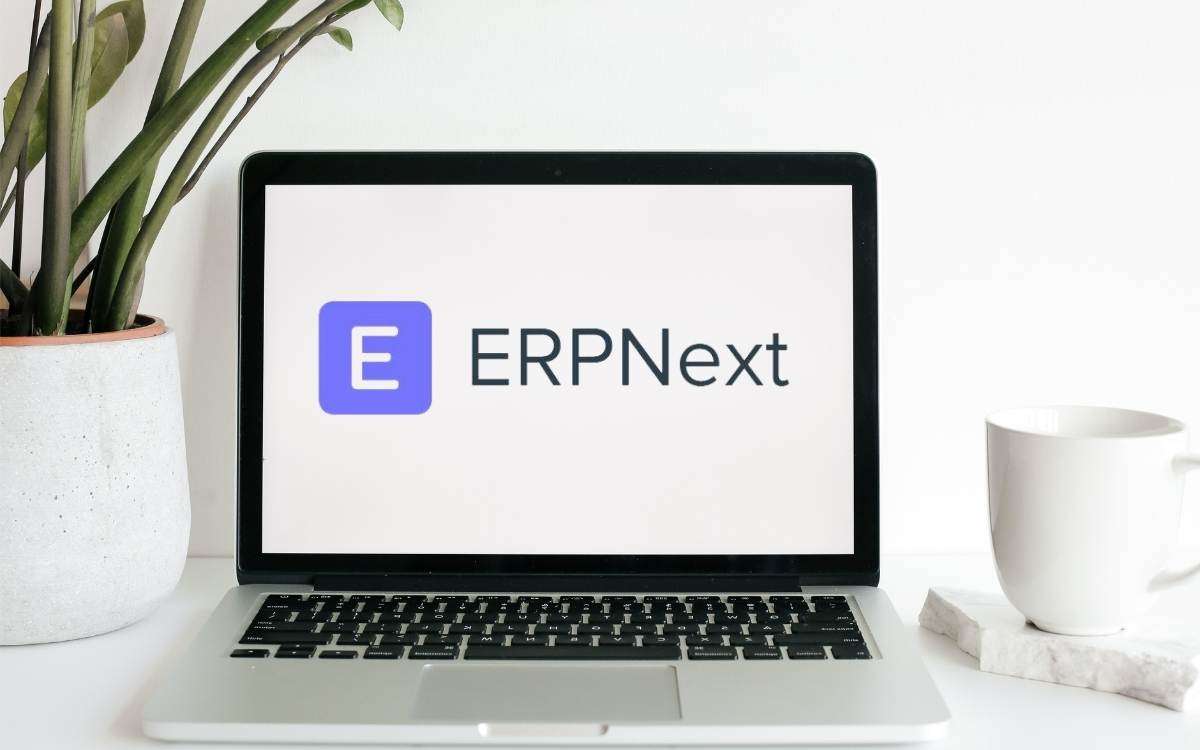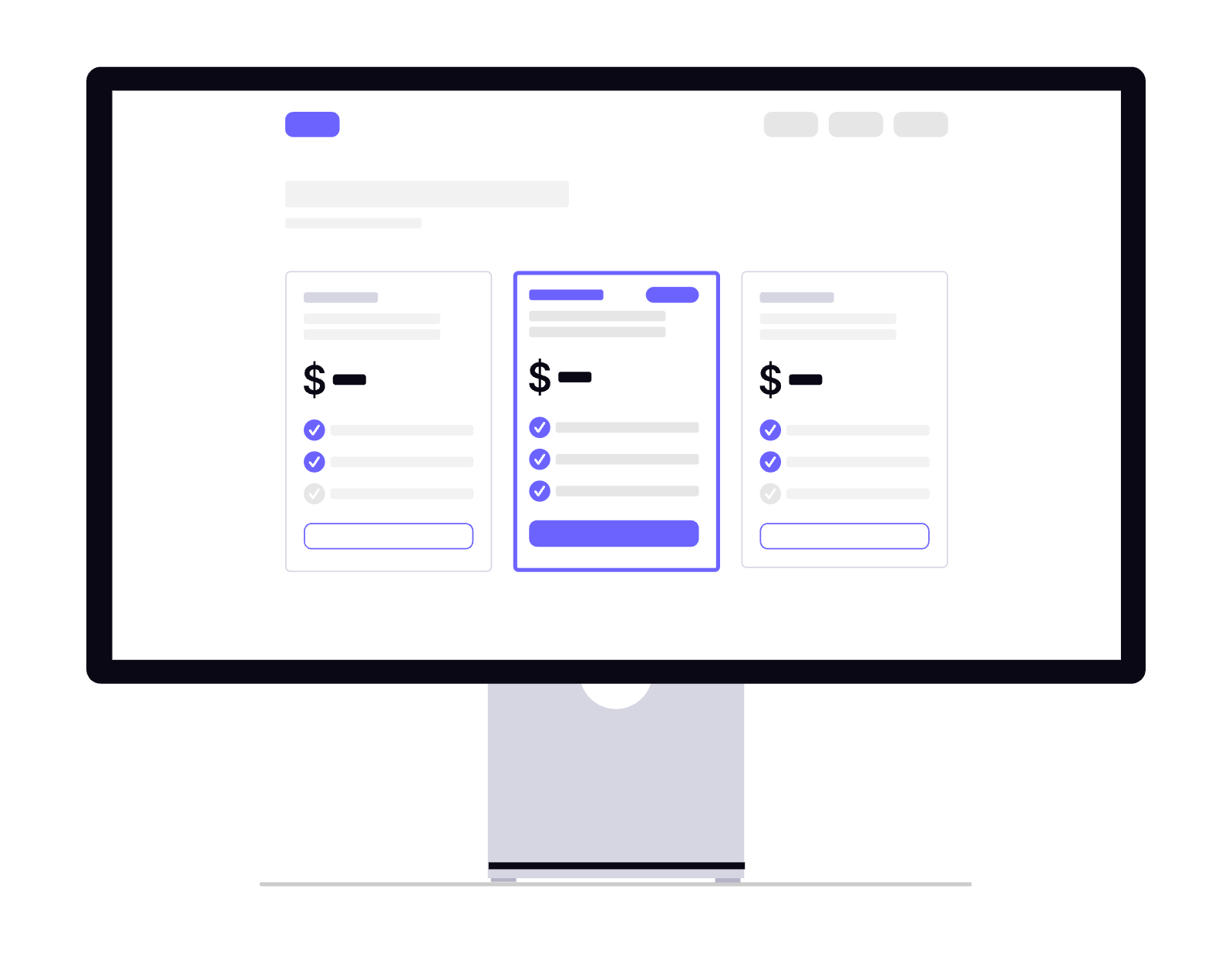Surat, known as the Textile Hub of India, contributes nearly 40% of the country’s textile production and is home to thousands of weaving units, dyeing houses, and garment manufacturers. While the industry is thriving, managing large-scale operations in Surat’s competitive market is a constant challenge.
From raw material procurement to weaving, dyeing, finishing, and distribution, textile businesses in Surat deal with complex supply chains and razor-thin margins. This is where ERPNext, an open-source Enterprise Resource Planning (ERP) system, becomes a game-changer.
Challenges in Surat’s Textile Industry
- Inventory Complexity – Multiple types of yarns, fabrics, colors, and designs.
- Production Management – Weaving, dyeing, and finishing processes require careful tracking.
- Order Management – Handling bulk orders with strict timelines.
- Accounting & GST Compliance – High transaction volumes make manual accounting error-prone.
- Supply Chain Issues – Coordinating with suppliers, job workers, and distributors.
- Scalability – Small units struggle to upgrade systems as they grow.
Why ERPNext is Perfect for Surat’s Textile Businesses
ERPNext provides an all-in-one solution for textile manufacturers, traders, and exporters in Surat.
🔹 1. Inventory & Stock Control
- Track yarn, fabric rolls, dyes, and chemicals in real time.
- Lot-wise and batch-wise inventory management.
- Avoid stockouts and over-purchasing.
🔹 2. Production Planning & Job Work
- Create work orders for weaving, dyeing, and finishing.
- Track job work outsourced to power looms or dyeing units.
- Monitor production timelines and reduce delays.
🔹 3. Sales & Order Management
- Manage bulk orders from garment manufacturers or retailers.
- Auto-generate sales invoices, delivery notes, and challans.
- Customer-wise pricing and discounts.
🔹 4. Accounting & GST Compliance
- Auto-post entries for every sale/purchase.
- GST-compliant invoicing for Indian regulations.
- Financial reports for profit, cash flow, and tax filing.
🔹 5. Supply Chain & Vendor Management
- Supplier quotations, purchase orders, and payments in one place.
- Transparent vendor management to reduce procurement costs.
🔹 6. Scalability for Growth
- From a small weaving unit to a large textile exporter, ERPNext scales with your business.
- Cloud-based access — manage factory operations from anywhere.
Example Use Case: A Surat Textile Manufacturer
A weaving unit in Pandesara, Surat, produces polyester fabric rolls for domestic and export markets.
- Before ERPNext: Inventory managed on Excel, invoices on Tally, job work on paper registers.
- After ERPNext: One unified system tracks yarn stock, weaving output, dyeing orders, sales invoices, and GST compliance. The owner saves time, reduces errors, and gets real-time reports on profitability.
Final Thoughts
The textile industry in Surat is growing rapidly, but businesses that still depend on manual processes risk falling behind. By adopting ERPNext, textile units can reduce costs, improve efficiency, and scale operations smoothly.
In 2025 and beyond, ERPNext is not just software — it’s a growth partner for Surat’s textile entrepreneurs.
👉 If you are a textile manufacturer, trader, or exporter in Surat, now is the right time to go digital with ERPNext.








